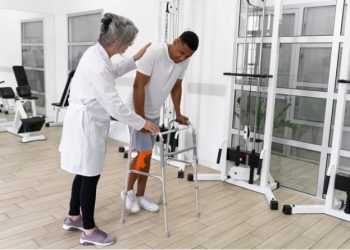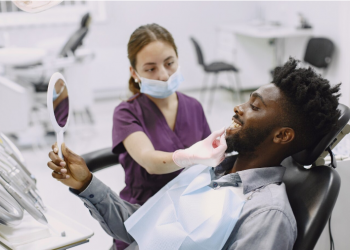Overcoming drug addiction is a challenging journey that requires a comprehensive and individualised approach. In this blog, we will explore ten practical strategies for drug addiction treatment that have proven successful in helping individuals on their path to recovery.
1. Comprehensive Assessment:
A thorough evaluation of the individual’s physical and mental health is done by a drug rehabilitation centre in Mumbai, as well as their addiction history is crucial in developing a personalized treatment plan. This assessment helps identify underlying factors contributing to addiction and enables the creation of targeted interventions.
2. Medication-Assisted Treatment (MAT):
For individuals struggling with opioid or alcohol addiction, medication-assisted treatment can be highly effective. Medications such as methadone, buprenorphine, and naltrexone, when used in combination with counselling and behavioural therapies, help manage withdrawal symptoms and cravings, facilitating long-term recovery.
3. Behavioral Therapies:
Behavioural therapies, such as cognitive-behavioural therapy (CBT), dialectical behaviour therapy (DBT), and motivational interviewing, are essential components of drug addiction treatment. These therapies help individuals understand and modify their thought patterns, develop coping mechanisms, and build a support network for sustained recovery.
4. Individual and Group Counseling:
Individual counselling at drug rehabilitation centre in Mumbai provides a safe space for individuals to explore the underlying reasons behind their addiction, identify triggers, and develop strategies for relapse prevention. Group counselling fosters community and support, allowing individuals to share experiences and learn from others facing similar challenges.
5. Holistic Approaches:
Holistic treatment approaches, including yoga, meditation, art therapy, and acupuncture, can complement traditional therapies by promoting overall well-being and helping individuals manage stress, anxiety, and cravings.
6. Dual Diagnosis Treatment:
Many individuals with addiction also struggle with mental health disorders. Dual diagnosis treatment addresses both conditions simultaneously, as untreated mental health issues can hinder recovery and increase the risk of relapse. Integrated treatment plans that incorporate psychiatric care alongside addiction treatment are crucial for long-term success.
7. Supportive Aftercare:
Recovery does not end after completing a treatment program. Supportive aftercare programs, such as outpatient therapy, 12-step meetings, and sober living arrangements, provide ongoing support, accountability, and guidance during the transition back into daily life. These programs help individuals maintain sobriety and prevent relapse.
8. Family Involvement:
The involvement of family members in the treatment process can significantly impact an individual’s recovery journey. Family therapy sessions educate loved ones about addiction, improve communication, and provide a supportive environment for healing and rebuilding relationships.
9. Peer Support:
Engaging with peer support groups, such as Narcotics Anonymous or SMART Recovery, offers individuals the opportunity to connect with others who have faced similar challenges. These groups provide a sense of belonging, encouragement, and shared experiences, fostering a solid support system.
10. Continued Education and Skill-Building:
Equipping individuals with life skills, such as stress management techniques, problem-solving skills, and healthy coping mechanisms, is crucial for long-term recovery. Continuing education and skill-building programs help individuals develop the tools necessary to navigate life’s challenges without resorting to substance abuse.
Conclusion:
Effective drug addiction treatment requires a multifaceted approach that addresses the physical, emotional, and social aspects of addiction. By implementing these ten strategies, individuals can increase their chances of successful recovery and long-term sobriety. Remember, seeking professional help and support is a brave step towards a healthier and more fulfilling life.









